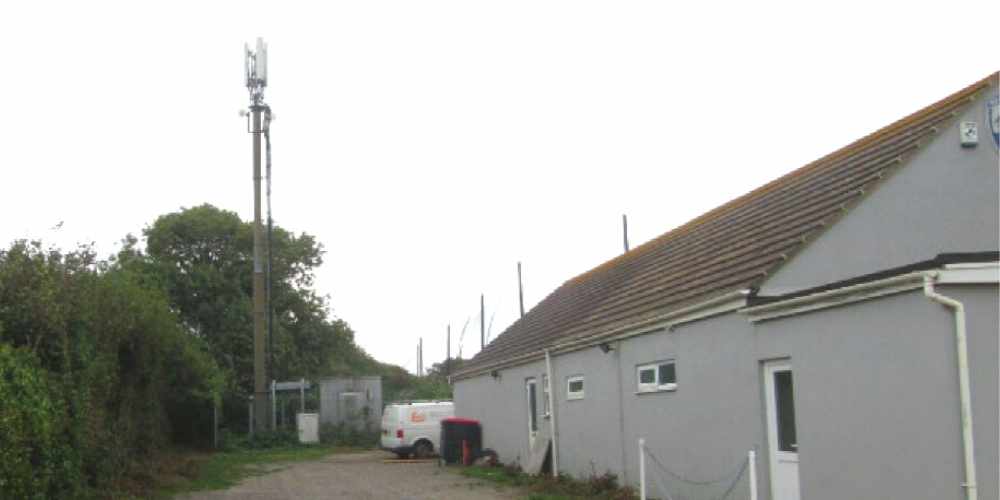
A nearby Nature Reserve is home to an important rare bat colony
People are objecting to two new mobile phone masts for the new 5G network at Brixham because of concerns the radio waves could harm wildlife.
They say the new higher towers will be ugly and have also raised concerns about the effect of the technology on human health.
Nearby Berry Head National Nature Reserve is home to an important colony of the rare greater horseshoe bat, which is protected under planning law.
Objectors are raising concerns that the higher frequency waves used by the new masts could interfere with the bats.
The creatures use echo-location from a high-pitched call to navigate through their surroundings.
The nature reserve also has a population of a rare bird, called the cirl bunting.
Campaigners say there is evidence that 5G radio waves can affect the natural behaviour of animals and insects.
Planning applications have been submitted for replacements masts at two sports grounds – Brixham Athletic Football Club in Wall Park Road, and Brixham Rugby Club at Astley Park off Rea Barn Road.
The Brixham football club plan would see a 17m pole replaced with a 20m tower.
The scheme for the rugby ground is for a 20m tower to replace a 15m pole.
The new 5th Generation mobile phone technology uses higher frequency signals which do not travel as far.
So more base stations are needed and the masts are higher to avoid being blocked by buildings and trees.
Both applications at Brixham are from Mobile Broadband Network Limited, a joint venture between the networks EE and Three.
One objector to the Wall Park Road mast said the site was too close to the Berry Head Nature Reserve and was concerned that the radio waves would affect the birds and bats.
Another said: “5G is a new technology and has the potential to cause immense harm to humans, trees, insects and wildlife.
“I feel it is imperative that the council put safety first and do not allow installations like this to go ahead until such time as it can be determined there are no detrimental effects.”
One objector wrote: “I feel this action, were it to go ahead, would represent a most unforgiving blot on a very beautiful area of Torbay.
“It is not only the health concerns for us all but also for our precious bats and other wildlife, which are simply irreplaceable.”
The agent for the applications says the new masts would provide coverage for the existing 4G and new 5G networks.
Beacon Comms points out that Government planning guidance supports “high quality communications infrastructure” as essential for economic growth, and recommends using existing sites to minimise the number of base stations.
The agent says in a planning statement: “The proposed increase in height is the minimum capable of providing the technological improvements sought.
“It is imperative that support is given to the introduction of 5G technology as this will allow networks to be able to handle more data and connect more devices simultaneously at much faster speeds than is possible using the existing technology.
“This will enable places to remain competitive in and will support the Government’s ambition for the UK to become a world leader in 5G technology.”
Campaigners in Torbay have asked Torbay Council to pause the roll-out of the technology because of health concerns and a petition is due to be presented to the authority at a meeting on Thursday, February 6.
They say 5G technology has not been fully tested and studies on animals have shown a link to health effects including an increased risk of cancer.
They point to research which shows an effect on the navigation of birds and insects.
Public Health England says years of studies of radio waves show the risk of damage to health is unlikely at exposure to levels below internationally agreed limits.
The council says it will listen to local people’s views but it has to work within the national planning framework and public health guidelines.
Local councils cannot refuse a phone mast on health grounds if it is certified to operate within the international safety guidelines used in the UK.
The proposed masts at Brixham would both operate under the limits for radio waves.
In January, Torbay Council’s planning committee refused an application to upgrade a phone mast site for the 5G network at the entrance to the Beverley Holidays park in Goodrington Road, Paignton.
The application on behalf of EE and Three was to replace a 13.5m pole with one 20m high and six replacement cabinets.
Councillors voted against the application because of the visual impact and perception of health effects of the technology which the park owners warned could damage the business.
Base stations are linked to the mobile phone network and use radio waves to carry the signals to and from handsets. Cells overlap to provide a seamless service.
The 5G service was launched in major UK cities in May 2019 and is due to cover Devon this year, promising faster download speeds and the next generation of internet connectivity.
The planning applications will be decided in due course, either by officers using delegated powers or by councillors on the planning committee.
 Students connect with elderly residents to combat loneliness
Students connect with elderly residents to combat loneliness
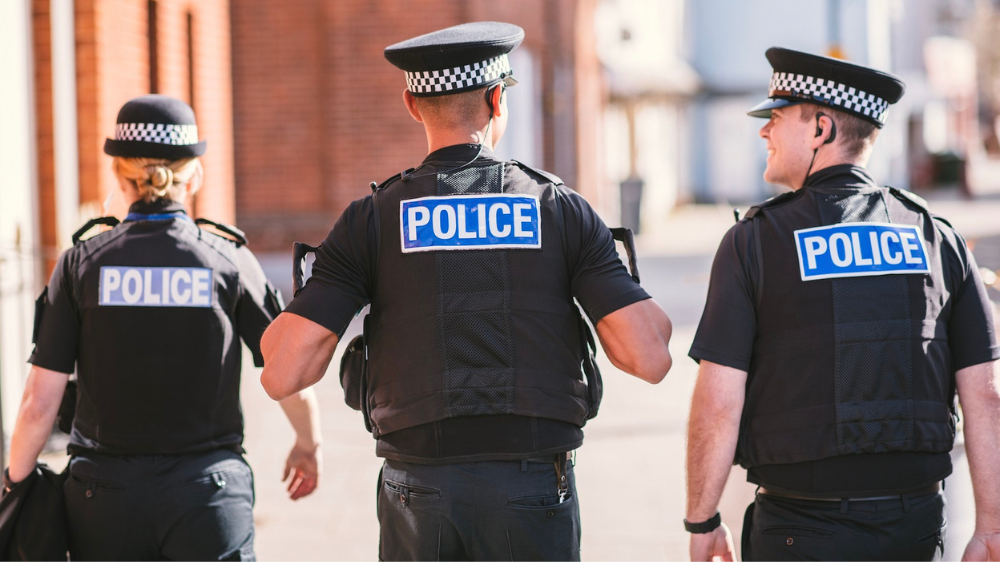 Crackdown on anti-social behaviour in Plymouth
Crackdown on anti-social behaviour in Plymouth
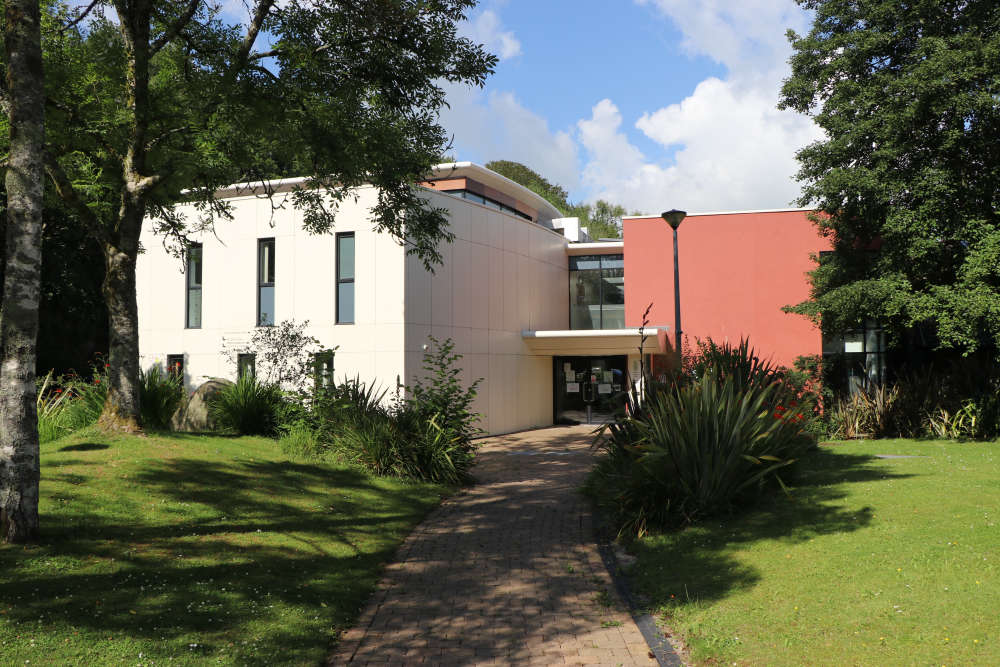 £1.6 million for more energy efficiency Devon home upgrades
£1.6 million for more energy efficiency Devon home upgrades
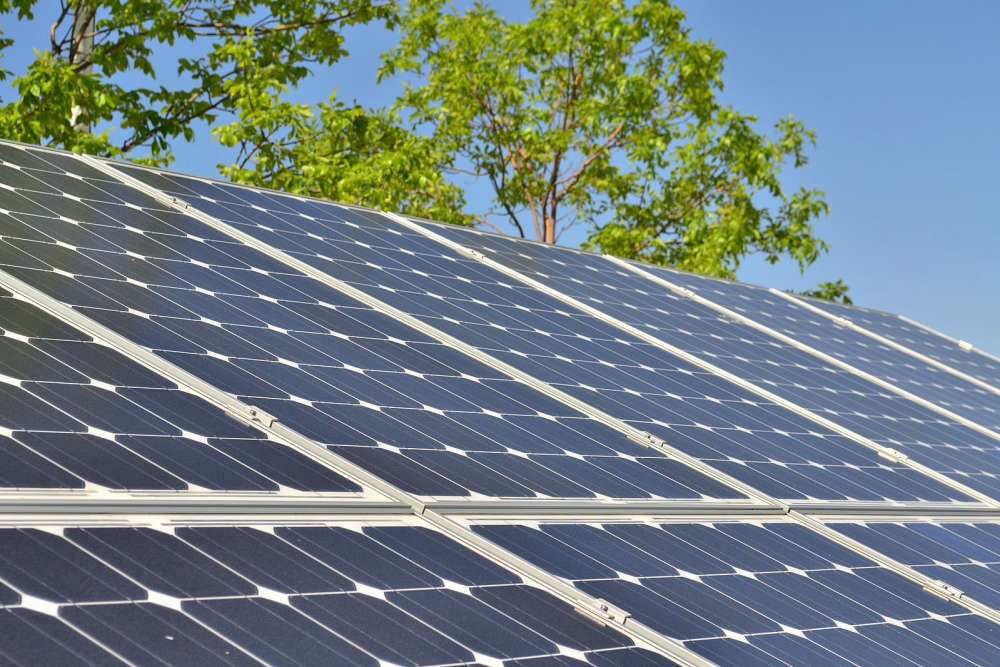 SWW to build huge new Churston solar farm
SWW to build huge new Churston solar farm
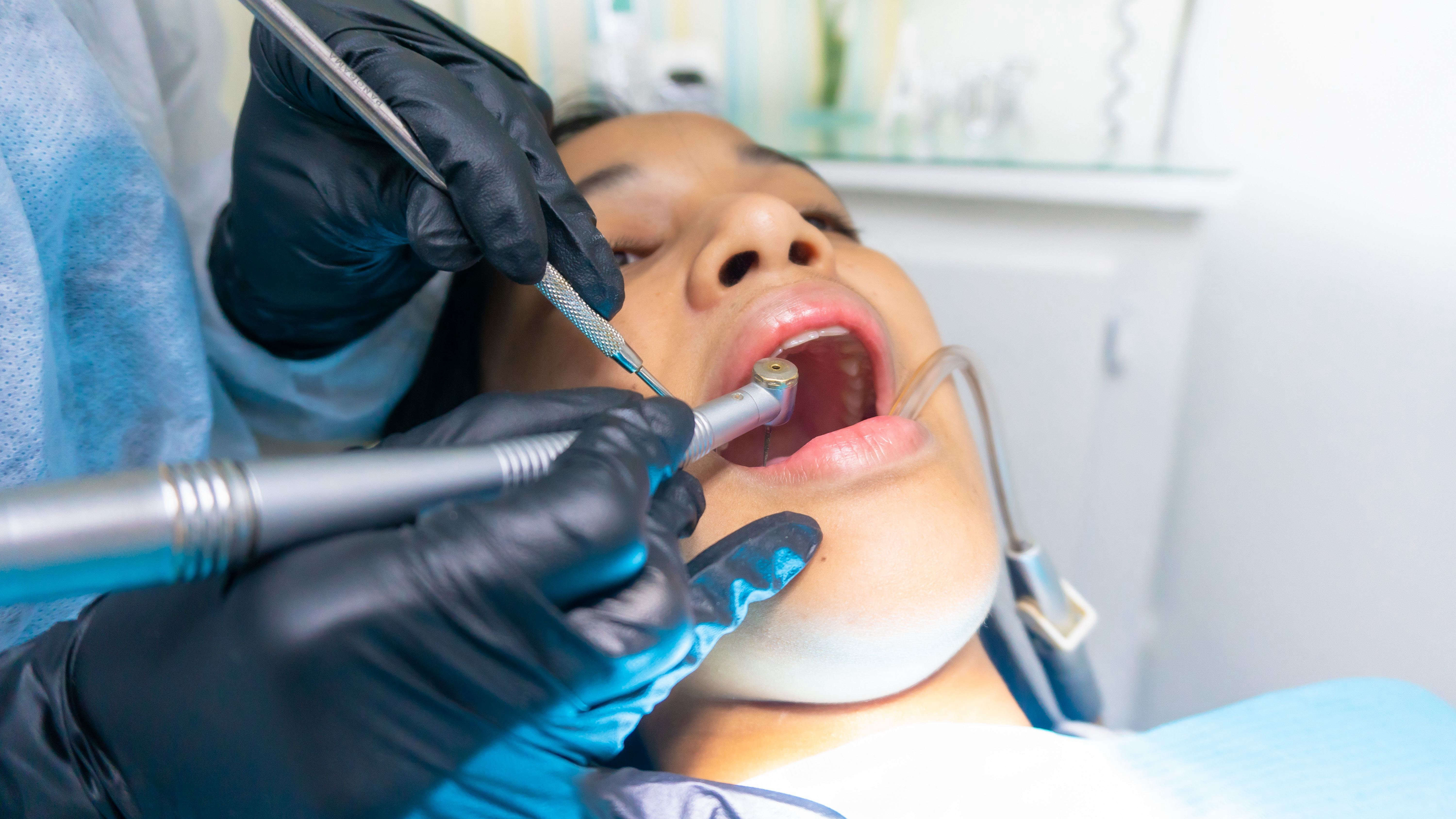 MP highlights Devon's dentistry 'crisis'
MP highlights Devon's dentistry 'crisis'
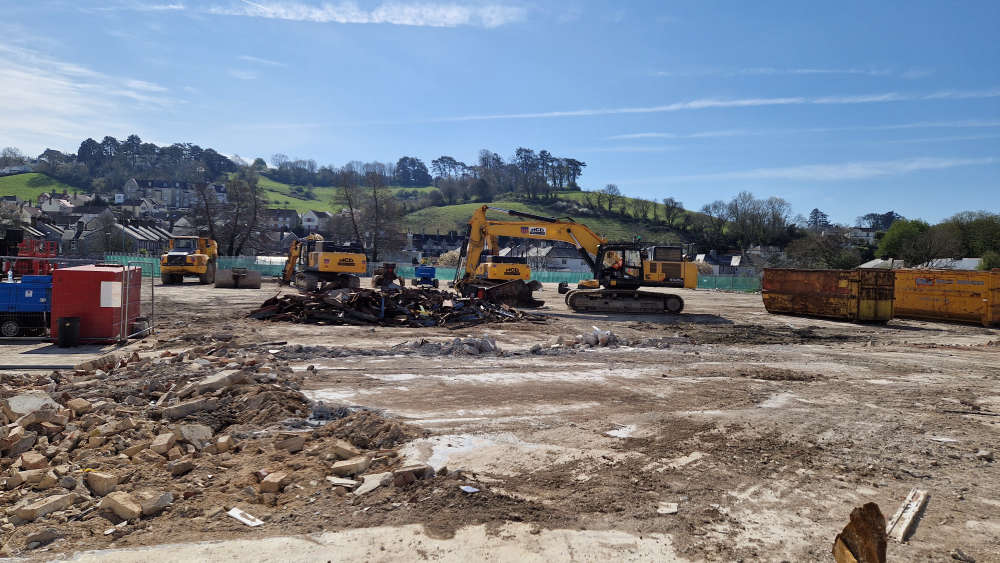 Work on ‘once-in-a-generation’ Newton Abbot project back on track
Work on ‘once-in-a-generation’ Newton Abbot project back on track
